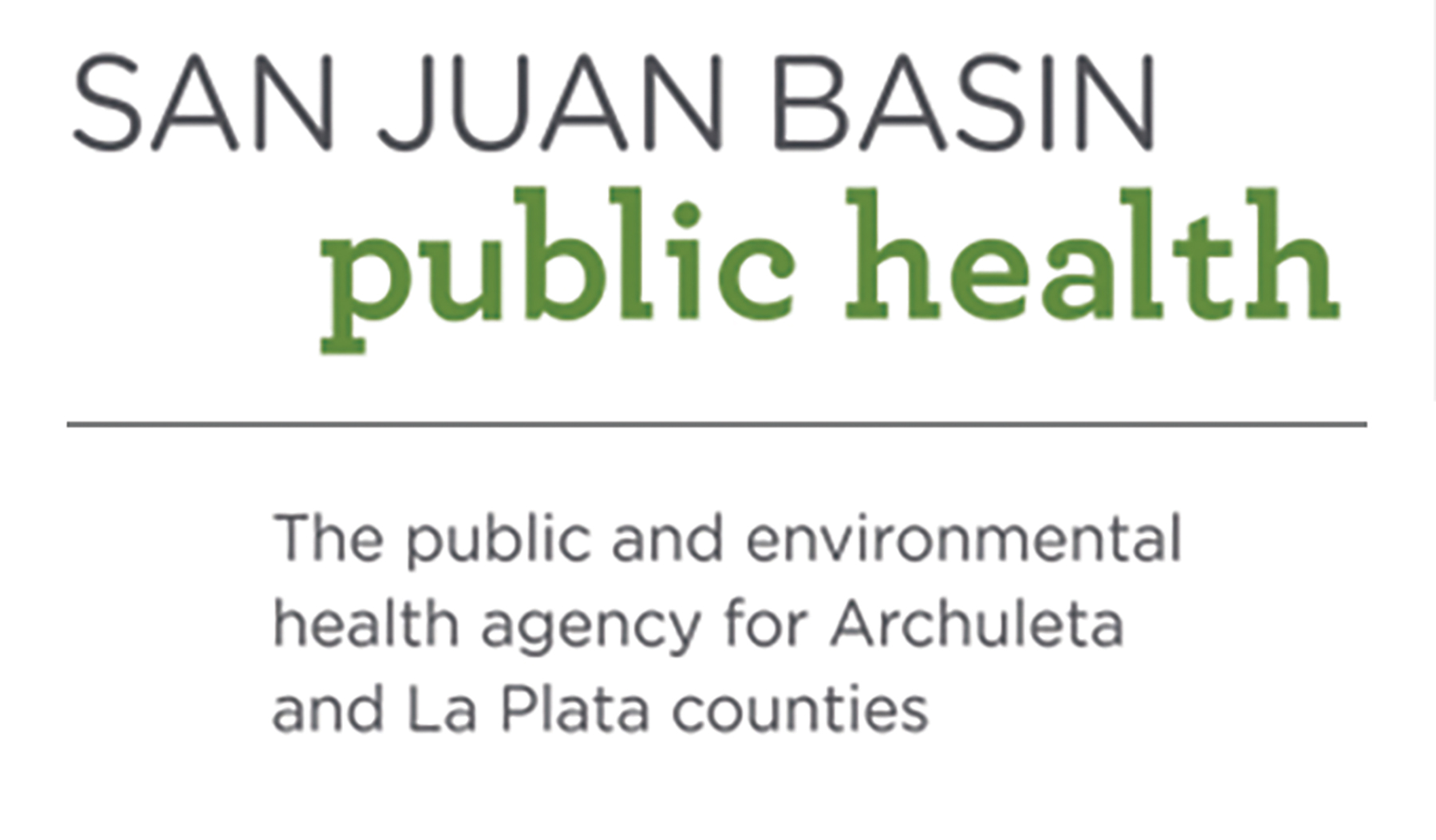The Colorado Department of Public Health and Environment expanded eligibility today for monkeypox vaccine and San Juan Basin Public Health (SJBPH) has doses of the vaccine available at its Durango and Pagosa Springs offices. SJBPH urges individuals who are at-risk and eligible to seek vaccination for maximum protection against monkeypox. Getting vaccinated lowers your chance of getting monkeypox if you may have been exposed. The sooner an exposed person gets the vaccine, the better. The vaccine can also reduce the severity of symptoms.
Those who qualify for the vaccination are:
- Anyone who has had close physical contact with someone who has had monkeypox in the last 14 days.
- Anyone who:
- has had multiple sexual partners in the last 14 days, or
- has had sexual partners that they did not previously know in the last 14 days, or
- has had close physical contact with other people in a venue where anonymous or group sex may occur in the last 14 days, or
- was diagnosed with gonorrhea or syphilis in the past three months, or
- who already uses or is eligible for HIV prevention medication, or
- who engages in commercial and/or transactional sex.
- Anyone identified by public health as a known high-risk contact of someone who has monkeypox.
SJBPH has Jynneos vaccine available and can administer doses to eligible individuals at both its Durango and Pagosa Springs offices. Call (970) 247-5702 to find out if you are eligible and to schedule an appointment. Sign up via this link to receive notifications about vaccine availability and eligibility. You can also receive up-to-date information by following SJBPH on Facebook or Twitter.
Monkeypox has been spreading in several non-endemic countries including the United States, Canada, Europe, and Australia. As of Aug. 31, there were 222 cases reported in Colorado. It is spread through close contact with an infected person’s sores, bumps or lesions or through prolonged face-to-face contact with someone who is sick. Close contact includes sex. It can also spread through contact with the bed linens or clothing of someone who is sick.
At this time, data suggest that gay, bisexual, and other men who have sex with men make up the majority of cases in the current monkeypox outbreak. However, anyone, regardless of sexual orientation or gender identity, who has been in close, personal contact with someone who has monkeypox is at risk. However, anyone can contract monkeypox regardless of age, gender, sexual orientation, or other factors.
State epidemiologists are coordinating with the Centers for Disease Control and Prevention to monitor the progression of the virus and learn more about transmission. Early symptoms of monkeypox can include fever, headache, muscle aches, swollen lymph nodes, and exhaustion. Most people get a rash or skin bumps one to three days after they first start feeling sick. This rash usually starts on the face and then spreads to the arms and legs. Sometimes, the rash may start in the genital area. Some people don’t feel any symptoms before they get a rash. Some people experience a rash that does not appear externally but can be very painful. Monkeypox can look like syphilis, herpes, blisters, or acne.
Monkeypox is rarely fatal, but can make a person very sick, but most people recover fully within two to four weeks. In most cases, monkeypox will resolve on its own though there is effective treatment available. Contact your health care provider to learn about testing and treatment options. For more information, please visit https://sjbpublichealth.org/monkeypox/.

